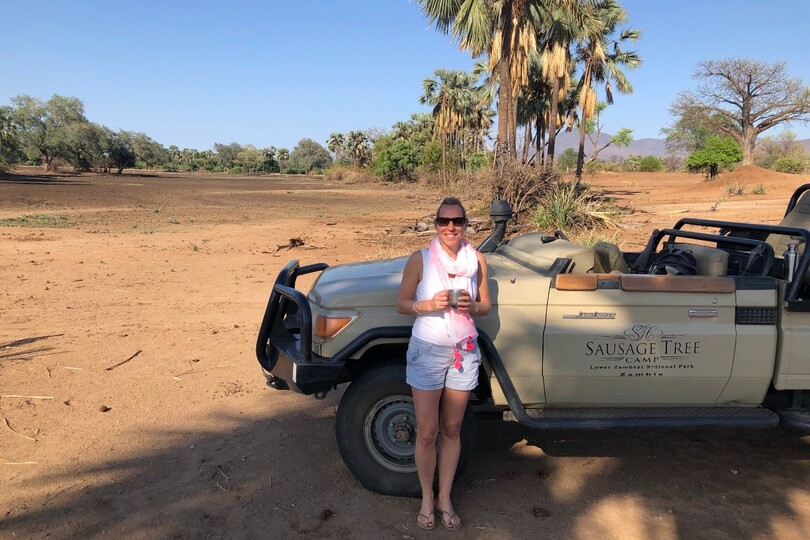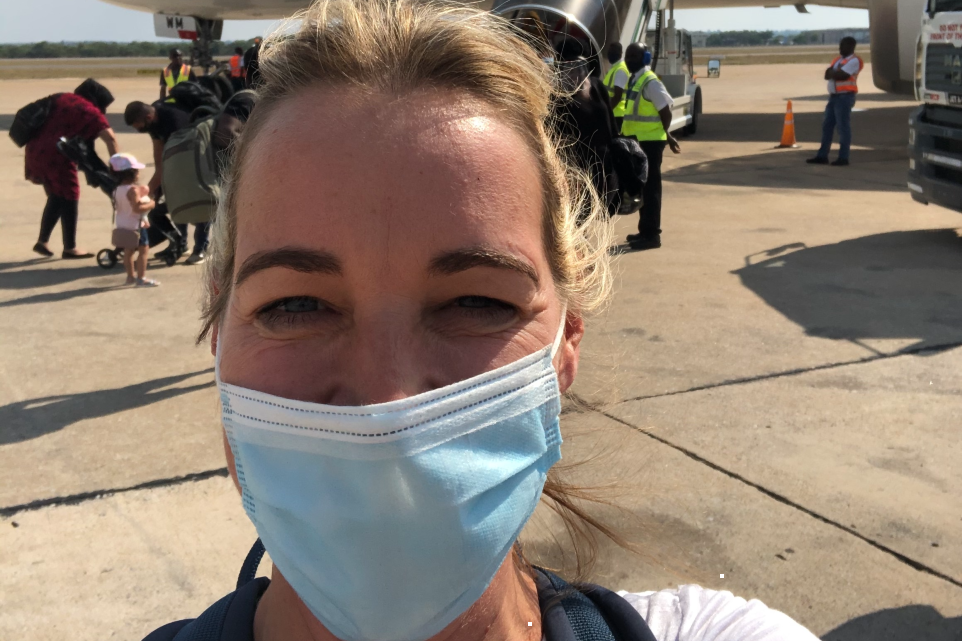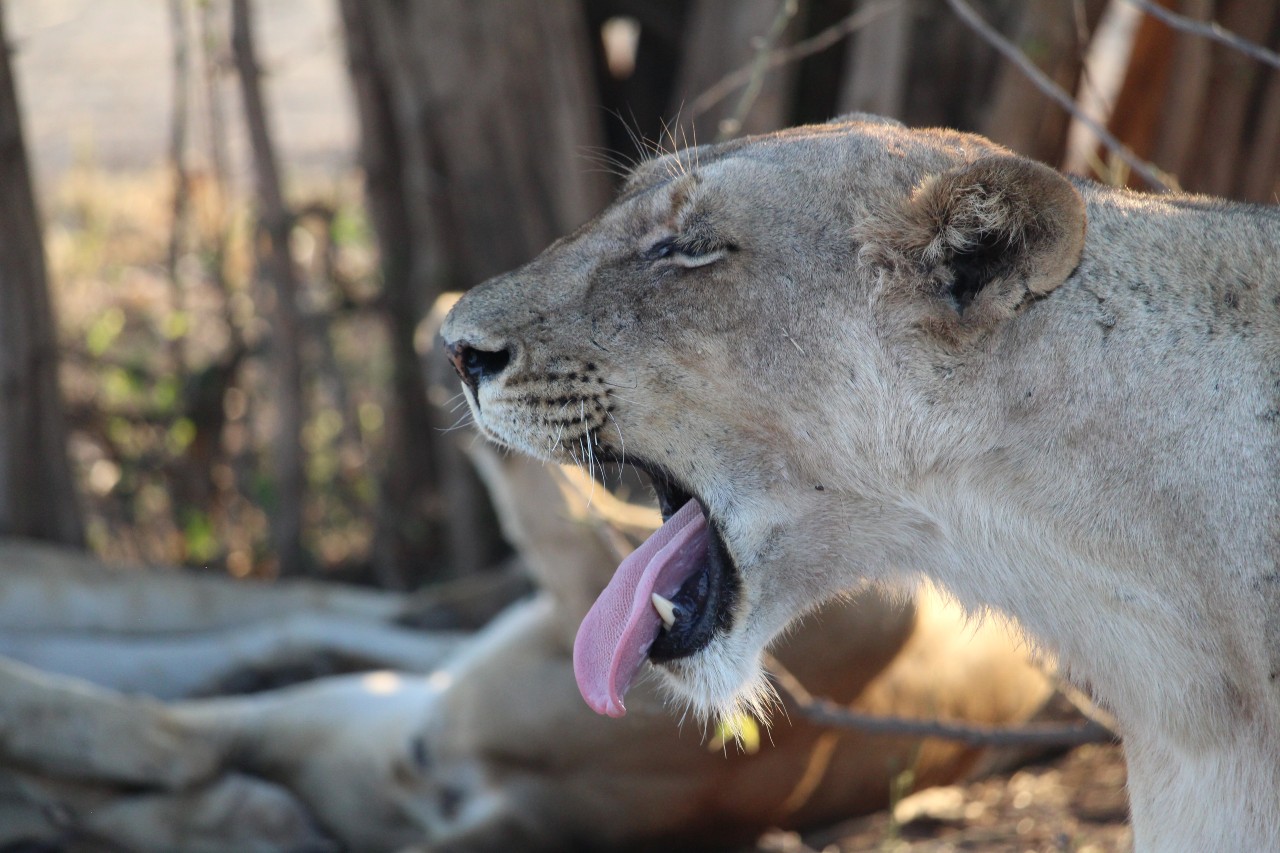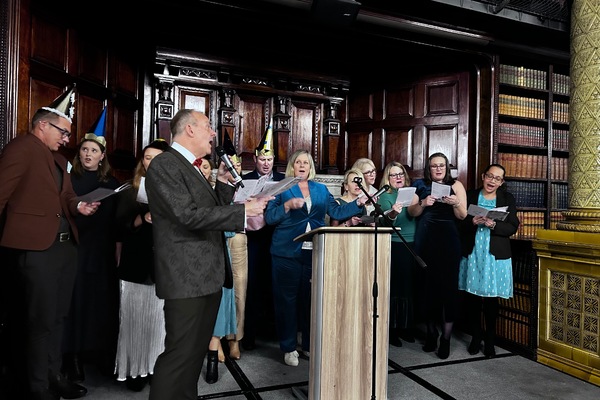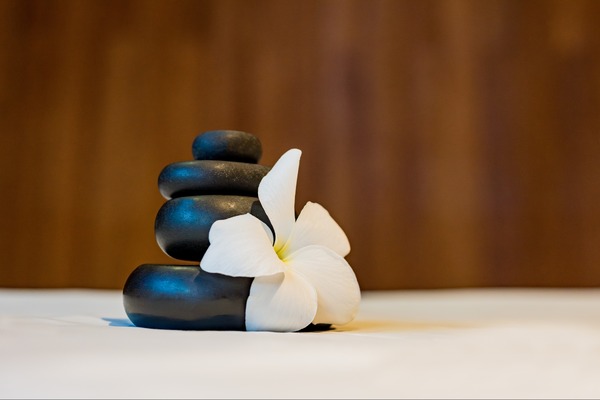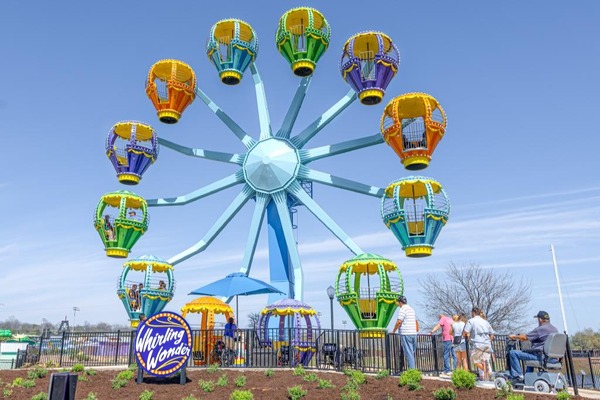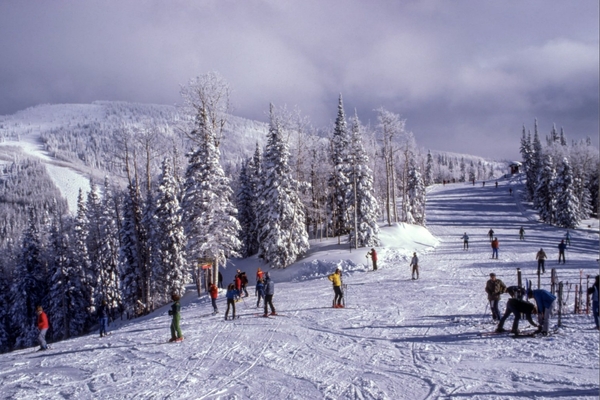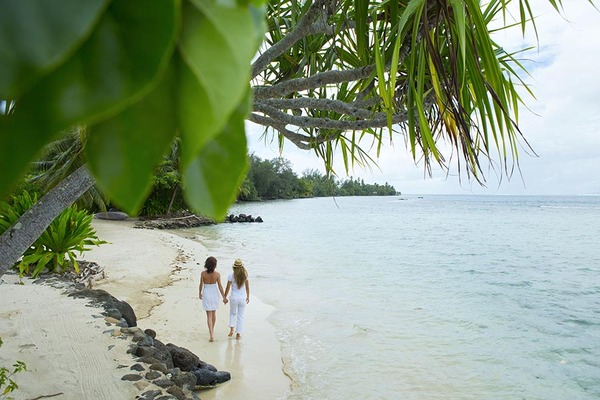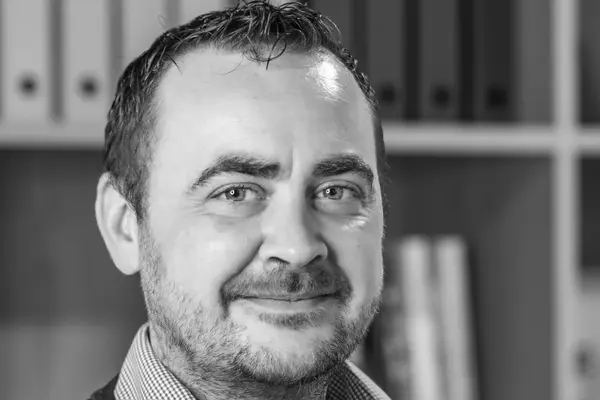'My time in Africa gave me confidence in the positivity of tourism'
Anita Powell, managing director of Small World Marketing, has "pined to be back on African soil" since the start of the pandemic. She recounts her recent work trip to Zambia and shares her hopes for tourism to the continent to restart in earnest next year.
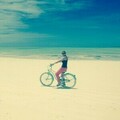
The health logistics
In what may become the norm of travel globally for a bit, all visitors to Zambia must prove they have tested negative for Covid-19 within 14 days prior to arrival. The process of the PCR test was very easy.
Due to the tight turnaround (I decided to travel just three days before departure) I opted for a drive-in clinic locally rather than a postal test and l received my results 20 hours later. Insurance was also relatively straight forward, and I used the company Battleface, which covers all destinations including those under Foreign Office (FCDO) government essential and non-essential travel advisories, which Zambia currently is.
The long-haul experience
We flew on Ethiopian Airlines and the plane was at circa 15% capacity, which meant plenty of room to stretch out. I was apprehensive about transiting through Addis Ababa, as I knew from experience it can be very busy.
However, with their new terminal, there was so much space, with hand sanitiser everywhere, clear signage about social distancing and seats blocked off to help ensure this.
Like Addis, at Lusaka airport (Zambia’s largest), protocols were efficient and smooth. We had to show our PCR test, sanitise, have our temperatures taken and then head through the visa queue. All in all, to my pleasure, transiting through Africa was a very orderly and reassuring experience.
City hotel
We spent our first night at Latitude 15°, a boutique city hotel in Lusaka. Impressively, they had implemented standard operating procedures which were effective but also engaging. The check-in formalities were done via email prior to arrival, so as soon as we arrived we just had to sign for our room key.
All the staff wore brightly coloured masks of the local chitenge fabric, which complemented the hotel’s style, celebrating local art and creativity. The rooms had a sanitation sticker on the door showing that they had been thoroughly cleaned, and there was clear procedure signage everywhere. Latitude is a spacious low-volume hotel, so although we were in a bustling city the environment was serene and comforting.
The bush
The following morning we flew in a small, private plane to the South Luangwa, one of Africa’s most remote and beautiful parks. We spent three nights in South Luangwa followed by three at Sausage Tree Camp in the Lower Zambezi.
This time of year, visitors see some of the most plentiful and dramatic game viewing, as it is so dry so the animals are under pressure to find water and survive. We witnessed some of the best game viewing I’ve ever experienced in more than 20 years of safari. What made it even more incredible, if an ominous reflection of the time, was we were the only international guests in both parks.
The staff on the ground extended us such a warm welcome, clearly relishing the opportunity to apply their professional skills and share their passion and pride in their country with others again.
The evident crisis
Covid-19 has had a catastrophic impact on conservation within Africa. The parks are under huge pressure, with an increase in poaching and bush-meat hunting, while decades of progress on wildlife conservation are threatened.
With fewer guests there are fewer vehicles and fewer eyes on the ground to report signs of poaching or animals in distress. It’s not just the parks and lodges that are feeling the impact of the lack of tourism but its extrapolation on the wider economy.
For example, I met Gillie Lightfoot, supplier to Latitude and the owner of a local interiors boutique, who told me: “This year we have seen less than 10% of our normal tourist footfall. This has meant that we have had to cut staff numbers with a huge knock-on effect, as each member of staff will be supporting 8-10 people.”
The hope
However, I witnessed in Zambia not people despairing but adapting; showing true resilience and finding resourceful ways to survive. The Lightfoot Zambia tailors started making masks, providing employment but also raising much-needed funds for the community of Baulini in Lusaka.
Zambia has been struck particularly hard, as their season is only six months long and was due to start on 1 April, so the timing could have been terminal. Instead of resigning itself to the crisis, Sausage Tree Camp immediately changed its strategy and focused on attracting guests from Lusaka.
This valuable domestic business meant they have been able to cover essential costs required to keep the lodges viable, and most importantly they have been able to retain most of their staff.
I always feel replenished by any trip to Africa, but this time more than any other. Seeing the impact on the ground intensified my passion and determination to do what I can do to help this industry I love so much. It also gave me confidence in the positivity that tourism can bring and reminded me of all the reasons why people should have the opportunity to travel to these extraordinary and enriching places.
With a tortuous 2020 nearing its close, let’s hope 2021 is a year where positive, sustainable and responsible travel can resume in earnest again.
Anita Powell is founder of Small World Marketing
